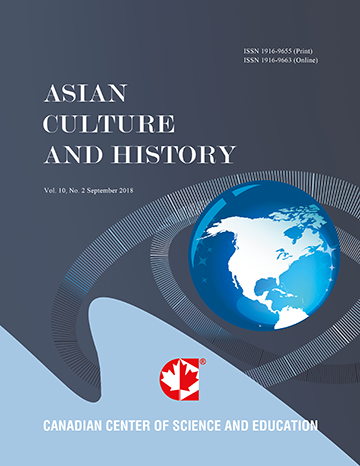The Politics of Defining the Legacy of Confucius
- Tianyu Ma
Abstract
Confucius is an extremely popular and well-respected figure in China today, but historically that has not always been the case, as his reputation has constantly evolved over time. Often, changes in how Confucius is viewed have been the result of attempts by various governments over the years to appropriate his legacy for their own purposes. This paper will look at what some of those motives were, and the extent to which governments were successful at achieving them by examining four cultural sites, each of which represents an aspect of Confucius’ legacy: the Temple of Confucius in Qufu, and the Imperial University, National Museum and People’s University in Beijing. By analyzing the legacy of Confucius as it is reflected in these four sites, the paper demonstrates that the ability of governments to shape how he is perceived by the public is limited by the public’s existing views, which are not easily swayed by the government’s unilateral efforts.
- Full Text:
 PDF
PDF
- DOI:10.5539/ach.v8n2p52
Journal Metrics
Google-based Impact Factor (2017): 5.42
h-index (January 2018): 11
i10-index (January 2018): 21
h5-index (January 2018): 6
h5-median (January 2018): 9
Index
- Academic Journals Database
- CNKI Scholar
- COPAC
- EconPapers
- Elektronische Zeitschriftenbibliothek (EZB)
- Excellence in Research for Australia (ERA)
- Genamics JournalSeek
- Google Scholar
- Infotrieve
- LOCKSS
- MIAR
- NewJour
- Open J-Gate
- PKP Open Archives Harvester
- Publons
- RePEc
- Scilit
- SHERPA/RoMEO
- Standard Periodical Directory
- Technische Informationsbibliothek (TIB)
- The Keepers Registry
- Universe Digital Library
- WorldCat
Contact
- Ivan YongEditorial Assistant
- ach@ccsenet.org
